Hardi Backerboard vs Cement board
chipster_2007
15 years ago
Featured Answer
Comments (14)
mightyanvil
15 years agobrickeyee
15 years agoRelated Professionals
Minnetonka Mills Kitchen & Bathroom Remodelers · Clovis Kitchen & Bathroom Remodelers · Rochester Kitchen & Bathroom Remodelers · Galena Park General Contractors · Cedar Hill General Contractors · Highland City General Contractors · Kentwood General Contractors · Klamath Falls General Contractors · Pinewood General Contractors · Vermillion General Contractors · Woodstock Painters · Lansdale Painters · Phoenixville Painters · South Riding Painters · St. Johns Paintersmightyanvil
15 years agomike_kaiser_gw
15 years agobrickeyee
15 years agodavidro1
15 years agomightyanvil
15 years agodavidro1
15 years agoMongoCT
15 years agopjb999
15 years agomike_kaiser_gw
15 years agopjb999
15 years agobill_vincent
15 years ago
Related Stories
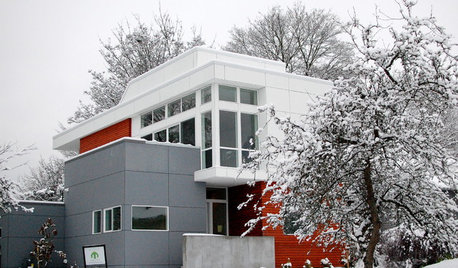
REMODELING GUIDESSeal the Deal With Fiber Cement Siding
Chameleon-like, durable and low maintenance, fiber cement gives home exteriors of all shapes and styles a winning edge
Full Story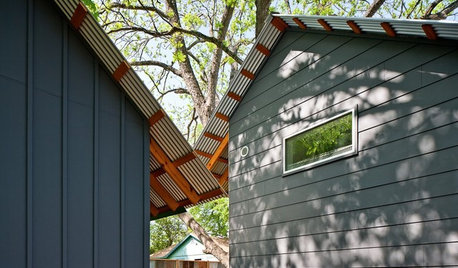
REMODELING GUIDESFiber Cement Siding Takes a Front Seat
Not just a wood or vinyl substitute, fiber cement is a stellar siding choice in its own right for modern home exteriors
Full Story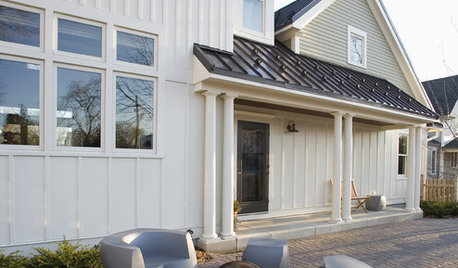
REMODELING GUIDESRenovation Detail: Board and Batten Siding
Classic board and batten siding adds timeless appeal to traditional homes, modern structures and every style in between
Full Story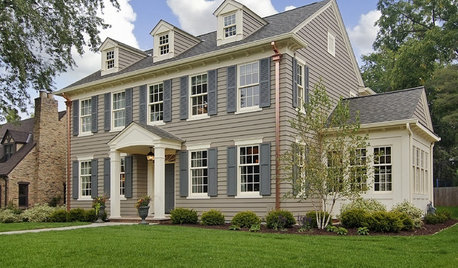
REMODELING GUIDES9 Top Siding Materials
Everyone knows brick and stucco, but what about fiber cement and metal? Learn about the options in exterior siding before you choose
Full Story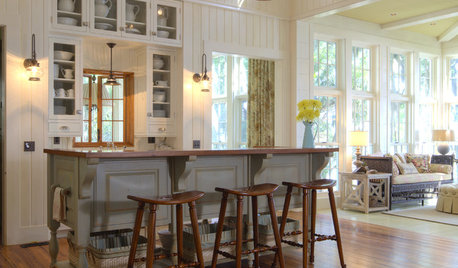
KITCHEN DESIGN9 Flooring Types for a Charming Country Kitchen
For hardiness and a homespun country look, consider these kitchen floor choices beyond brand-new wood
Full Story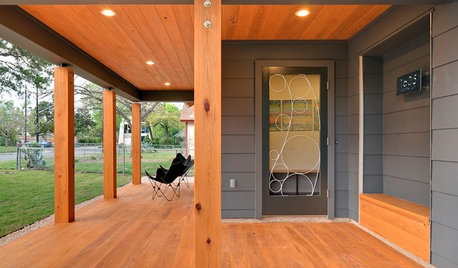
HOUZZ TOURSHouzz Tour: Artful and Efficient in Austin
Visit a home that glows with local materials, thoughtful design, heritage trees and Moontowers
Full Story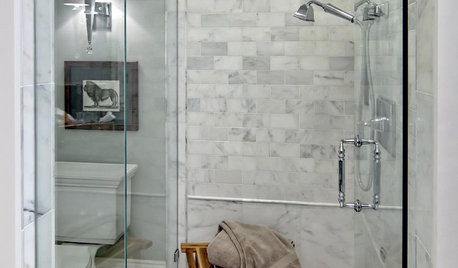
BATHROOM DESIGNHow to Settle on a Shower Bench
We help a Houzz user ask all the right questions for designing a stylish, practical and safe shower bench
Full Story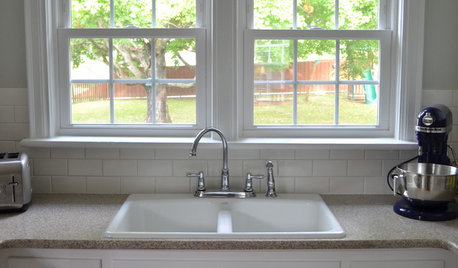
KITCHEN BACKSPLASHESHow to Install a Tile Backsplash
If you've got a steady hand, a few easy-to-find supplies and patience, you can install a tile backsplash in a kitchen or bathroom
Full Story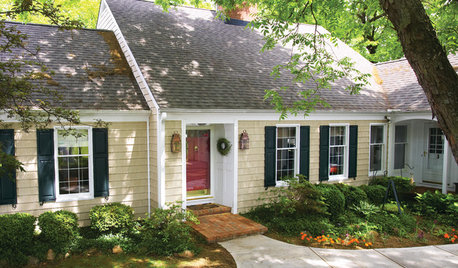
HOUSEKEEPINGHow to Wash Your House
Avoid damage to siding and plants while getting your home's exterior shining clean, with this guide to using pressure washers and hoses
Full Story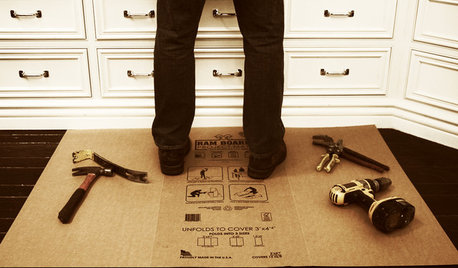
BATHROOM DESIGNOut With the Old Tile: 8 Steps to Prep for Demolition
This isn't a light DIY project: You'll need heavy-duty tools and plenty of protection for your home and yourself
Full StoryMore Discussions






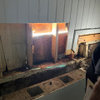


pjb999